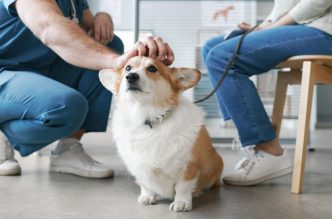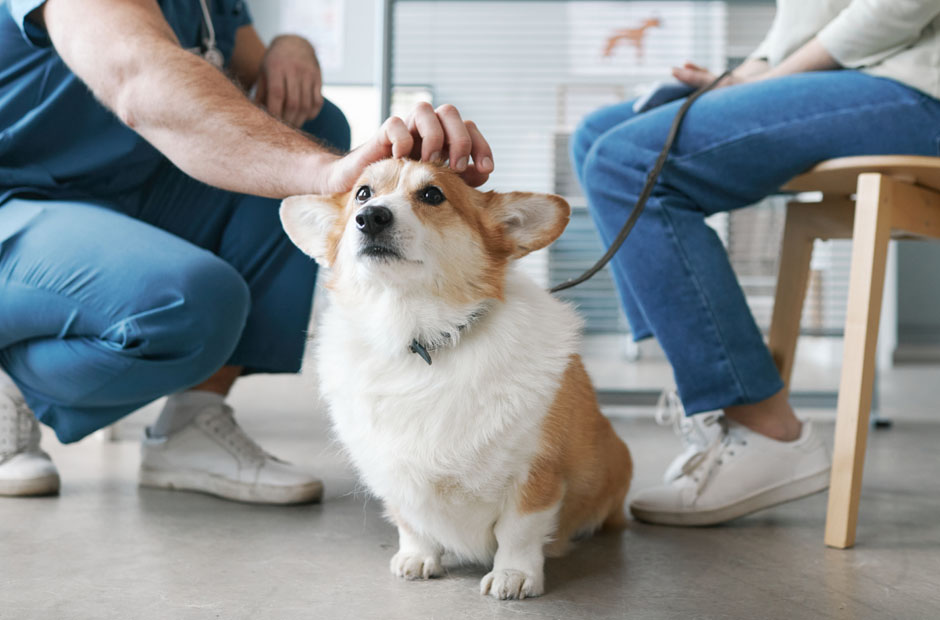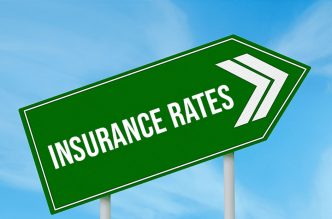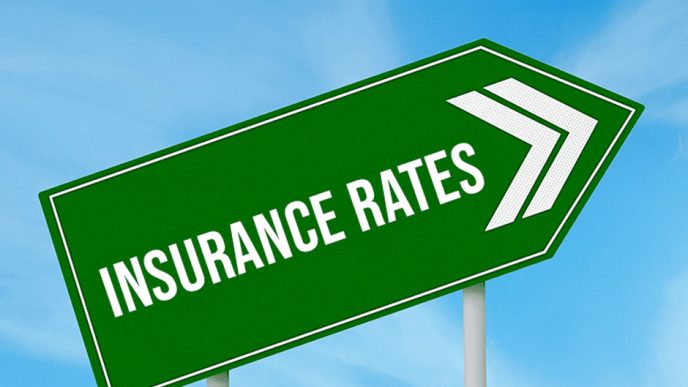Recently graduated veterinary students face the risk of disability in the course of their work. Disability insurance for recently graduated veterinarians provides comprehensive income protection, allowing them to maintain their lifestyle in the event of injury or illness. Disability insurance designed for recent veterinary graduates streamlines the claims process and provides continuous coverage as they transition into professional practice. Here are a few comprehensive disability insurance solutions tailored for newly graduated veterinarians:
Individual Disability Income Insurance
Recently graduated veterinarians can choose own-occupation disability insurance that protects their income with job-specific terms. This coverage typically includes a thorough underwriting process, income-based benefit limits, and a total disability clause. This helps graduates maintain their lifestyle and protect their financial security. Individual disability income policies often include partial or residual disability benefits, providing proportional payouts that cover expenses and support rehabilitation during recovery.
Comprehensive disability insurance solutions may also feature residual disability coverage with percentage-based payments tied to lost income. As veterinarians advance in their careers, a future increase option allows them to expand coverage without additional medical underwriting. A strong policy may also include a cost-of-living adjustment (COLA) rider that helps benefits keep pace with inflation. Additional features, such as a waiver of premium clause, suspend premium payments during qualifying disabilities, while rehabilitation and retraining benefits support education and return-to-work efforts. These provisions help veterinarians preserve their income, reduce financial pressure, and sustain their long-term livelihood.
Overhead Expense Disability Insurance
Disability insurance can help veterinarians protect their income and business operations in the event of illness or injury. For practice owners, a Business Overhead Expense (BOE) disability policy reimburses fixed business costs. Such fees include office rent, employee salaries, and utilities, helping maintain operations and retain staff during recovery. Certain policies may reimburse loan and equipment lease payments, verifying continuity of ownership and compliance with contractual obligations. These benefits are typically paid to the veterinarian, who then uses the funds to cover eligible business expenses.
Many individual disability income policies also include a presumptive disability provision, which provides full benefits if the insured experiences a total and permanent loss. Such cases may include the loss of sight, hearing, speech, or use of limbs. Some policies may consist of conversion or exchange privileges, allowing policyholders to adapt coverage as their career or practice grows. Some policies also offer benefits for rehabilitation and therapy services. These features help veterinarians maintain their practice and focus on recovery without undue financial strain.
Group Benefit and Disability Support
A group disability plan offers pooled coverage, a unified policy, and a shared premium, providing coordinated claims management. This combined policy offers consistent benefit handling. While dental and vision coverage are generally separate, group disability insurance focuses on income protection, helping recent veterinary graduates maintain financial stability and wellness.
For veterinarians supporting their families after a disability, some group plans allow optional coverage for dependents. The flexible payout structure of disability insurance for recently graduated veterinarians safeguards the future of your practice. Disability insurance for veterinarians may include short-term benefits that provide quick payouts, allowing veterinarians to focus on their recovery.
When veterinarians are unable to work for an extended period, the insurance helps cover key expenses for dependents to prevent financial hardship. For practices with employees, some plans offer coordination with employee assistance programs to support staff wellbeing. In some cases, veterinarians can create custom plan designs that reflect their practice’s specific needs. While disability insurance does not cover legal or audit fees, it provides financial stability to help the practice navigate operational challenges.
Get Disability Insurance for Recently Graduated Veterinarians
New veterinarians beginning their clinical practice can be assured of steady financial support. This protection covers illness or injury during their work. Disability insurance for a recently graduated veterinarian helps cover treatment costs and alleviate financial strain during the early career phase when income is lower. Comprehensive coverage also helps reduce out-of-pocket expenses and allows the veterinarians to focus on job performance in clinical settings. Some policies help to pay student loans if you become permanently disabled; they can also offer financial protection for loved ones in the event of your accidental death. Get your disability insurance plan as you begin your veterinary career to protect your income.














